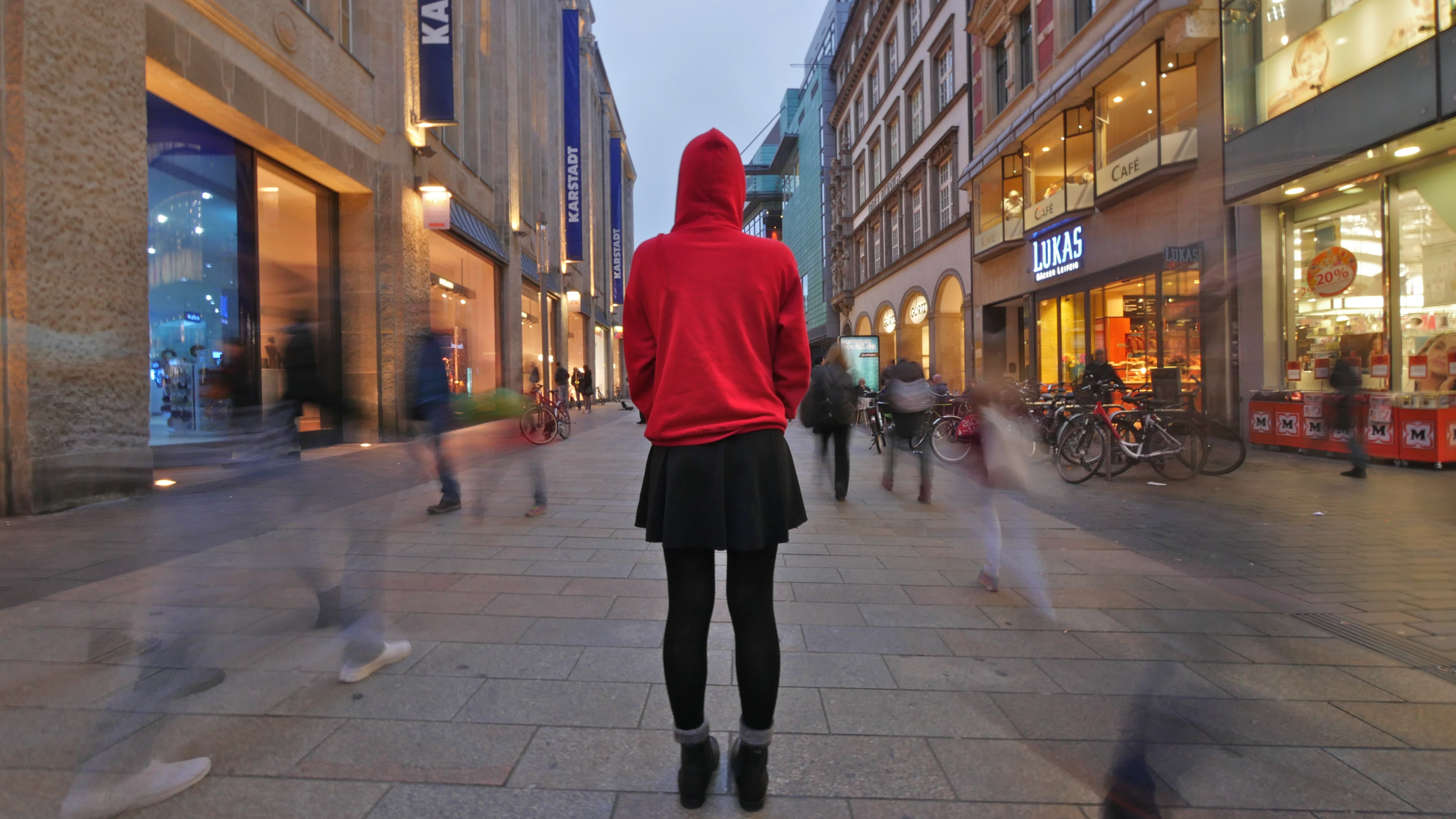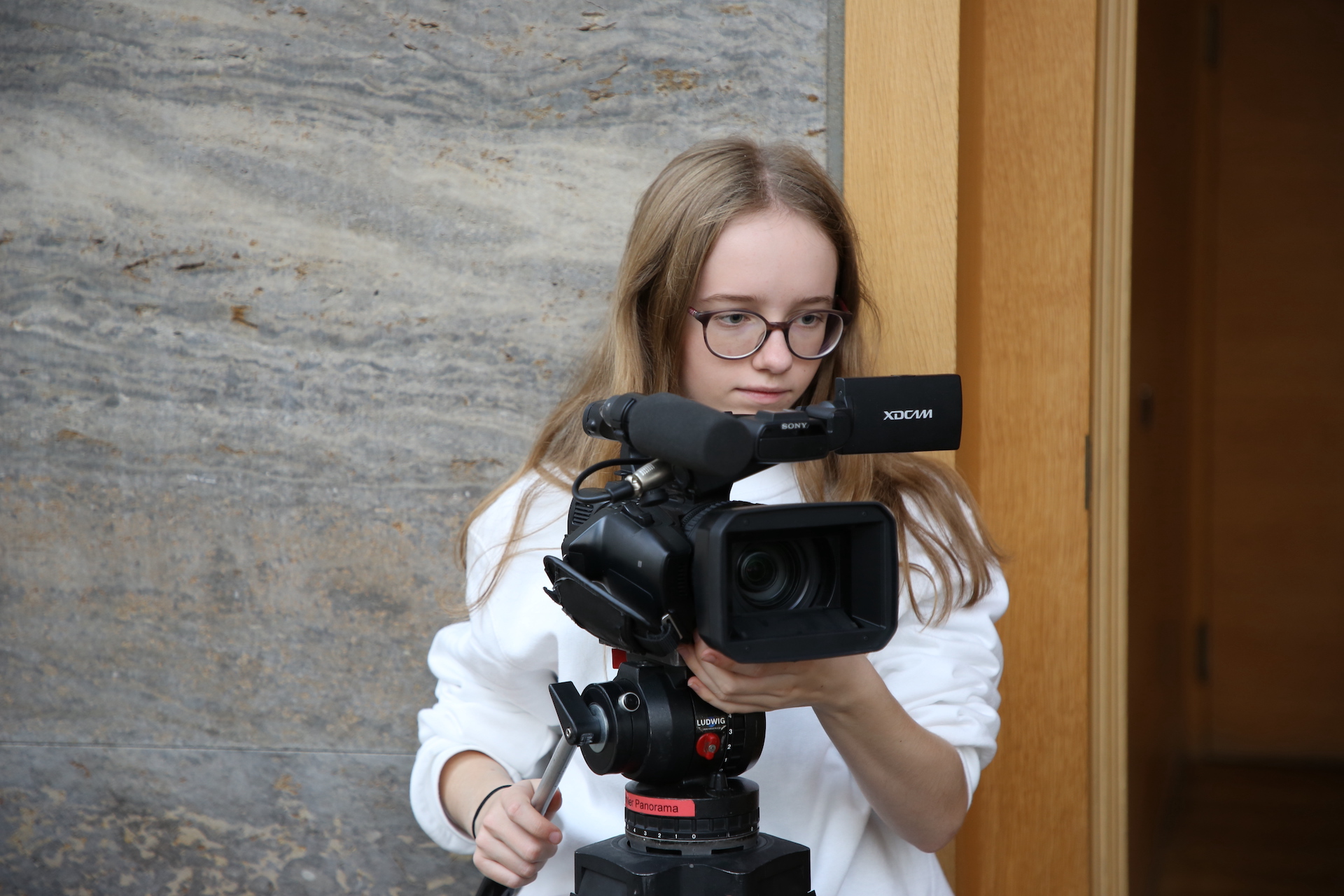The film “Where We Belong” shows how young people deal with their parents’ separation.
DOK Spotters Thalea, Elsa, Janne und Héloïse have watched it.
It was not a mistake, rather a hard lesson.
Children of divorce – when I hear this phrase I, like many others, think of all the negative aspects: children who are torn between their parents, mothers and fathers who barely see their children; Others who are solely caring for the children – because the partner has left.
When I am looking at my environment, I realise that only a few parents manage to make decisions after the divorce that won’t hurt them or their children. But one thing that strikes me, again and again, is the way the conflicts are handled: while parents sometimes forget their responsibilities in the quarrels, it is the children who have to grow up faster and to learn to stand above it all.

In the documentary “Where We Belong”, Jacqueline Zünd presents the topic of “divorce children” shockingly close.
For one year, she accompanies two pairs of twins and one boy from diverse regions of Switzerland, showing how differently separation is handled not only according to the family but also the location.
The director emphasises that she does not want the children to be seen as weak victims, but as stars of the film: in the course of the plot, close-ups are repeatedly shown in which the camera focuses on the faces of protagonists. Colourful lighting that dances on their faces make them look strong and beautiful. The fact that protagonists’ parents don’t speak at any time of the film also gives viewers more room to engage with the emotions and perceptions of the children of divorce.
Besides, Zünd often lets the children express themselves, which means that even viewers who have not personally experienced the subject of divorce can well imagine their feelings.
And even those affected do not consider themselves as pitiable. While the girl tells that just this life between father and mother is not terrible for her but normal, her brother says, “Did my parents make a mistake? No. It was not a mistake, rather a hard lesson. But without this lesson, there would have been no major step in my personal development.”
In a moving and aesthetic way, the film sheds light on how divorces cause children to grow up and how important it is for their parents to never forget that they are not just men and women, but fathers and mothers and it is their most important task to ensure that the children are never lonely despite all the disputes.






